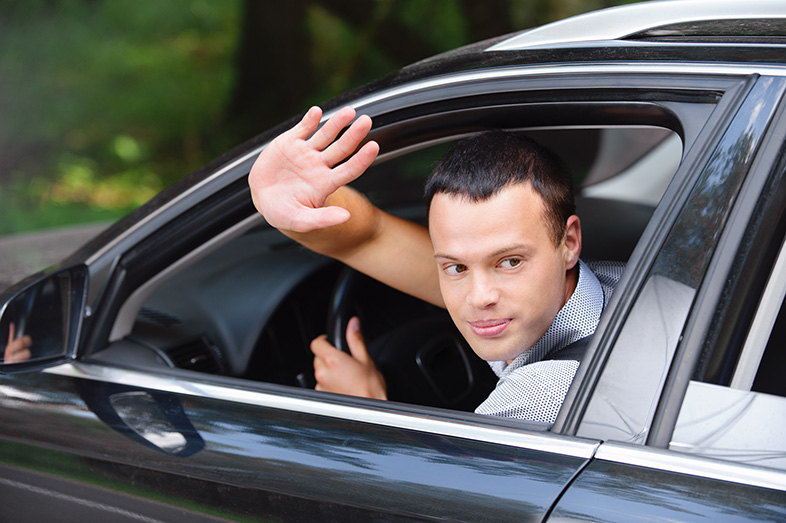
A nationwide survey recently concluded that Wisconsin ranked 46th of the 50 states on a courteous driver scale, one being the most courteous and 50 being the rudest drivers in the nation. The results have Wisconsinites shaking their heads.
Kars4Kids is a non-profit organization that helps kids to become productive members of their respective communities. Its survey was conducted as part of its Drive Human campaign, which encourages courteous driving.
Why does it matter?
You may shrug your shoulders and dismiss the survey results because you know your friends and neighbors are decent people. Why should it matter that some of the drivers in Wisconsin are only a few steps above New York drivers?
It’s simple. Rude drivers are dangerous drivers. The same behaviors exhibited by the rudest drivers in this survey are the same as those used by dangerous drivers who cause car crashes. Let’s take a look at some of the areas of concern highlighted in the survey:
- Merging: Wisconsin drivers scored an ‘F’ for letting other cars merge safely into traffic. Failure to yield the right of way is illegal, but drivers do it all the time. In fact, the Insurance Institute for Highway Safety says this is “the top cause” of accidents for drivers over the age of 70. Failing to allow a semi-truck driver to merge into highway traffic is particularly dangerous.
- Slow drivers: An aggressive response to a slow driver can lead to poor — and sometimes deadly — reactions. A blaring honk may startle the slow driver, causing him or her to swerve, accelerate or stop suddenly. An impatient driver may pass on the right or in unsafe conditions — a blind corner, near an intersection or another no-passing zone — leading to a catastrophic accident. While Wisconsin drivers got a ‘C-’ for this response, only one other state had a lower score.
- Tailgating: Tailgating is often used as a response to slower drivers. However, it is the response of the driver being tailgated that what the survey measured. Wisconsinites scored well on this question, but some of its neighboring states didn’t do so well. It’s best to keep a safe distance since no one can predict what another driver will do. Failing to keep safe stopping distances can lead to many rear-end collisions, harming other motorists and their passengers, including small children and pets.
- Signaling turns: Wisconsin drivers got an ‘A’ for using their turn signals. Blinkers are a great help to other drivers and pedestrians because signaling your intentions helps avoid surprises or confusion. State driving rules require that drivers use turn signals at least 100 feet before a turn so other drivers are ready when you change lanes, slow down or turn.
- Parking: Have you ever waited patiently for a driver to vacate a coveted parking space only to have another driver zoom in and snatch your spot? Apparently, this occurs more frequently in Wisconsin than it does in any other state. Wisconsin scored a solid ‘F’ in this category with only four states getting ‘C’s and one a ‘D’. This may seem like a minor offense but it indicates a serious level of aggressiveness that can lead to unsafe driving conditions.
- Passing: Did another driver speed up just as you were trying to pass? This common occurrence in Wisconsin earned the state a ‘D’. Not only is this situation a recipe for disaster, speeding up is also illegal in Wisconsin.
What can I do about it?
Obviously, reacting poorly to a dangerous driver is not your best option. Modeling good driving technics can help others — i.e., your children in the backseat — learn good driving habits. Unfortunately, accidents happen. If you or a loved one was injured by a reckless driver, you may be entitled to compensation for your losses in a personal injury lawsuit. Just because someone else made poor driving decisions, it doesn’t mean you should foot the bill for your medical expenses or lost earnings.